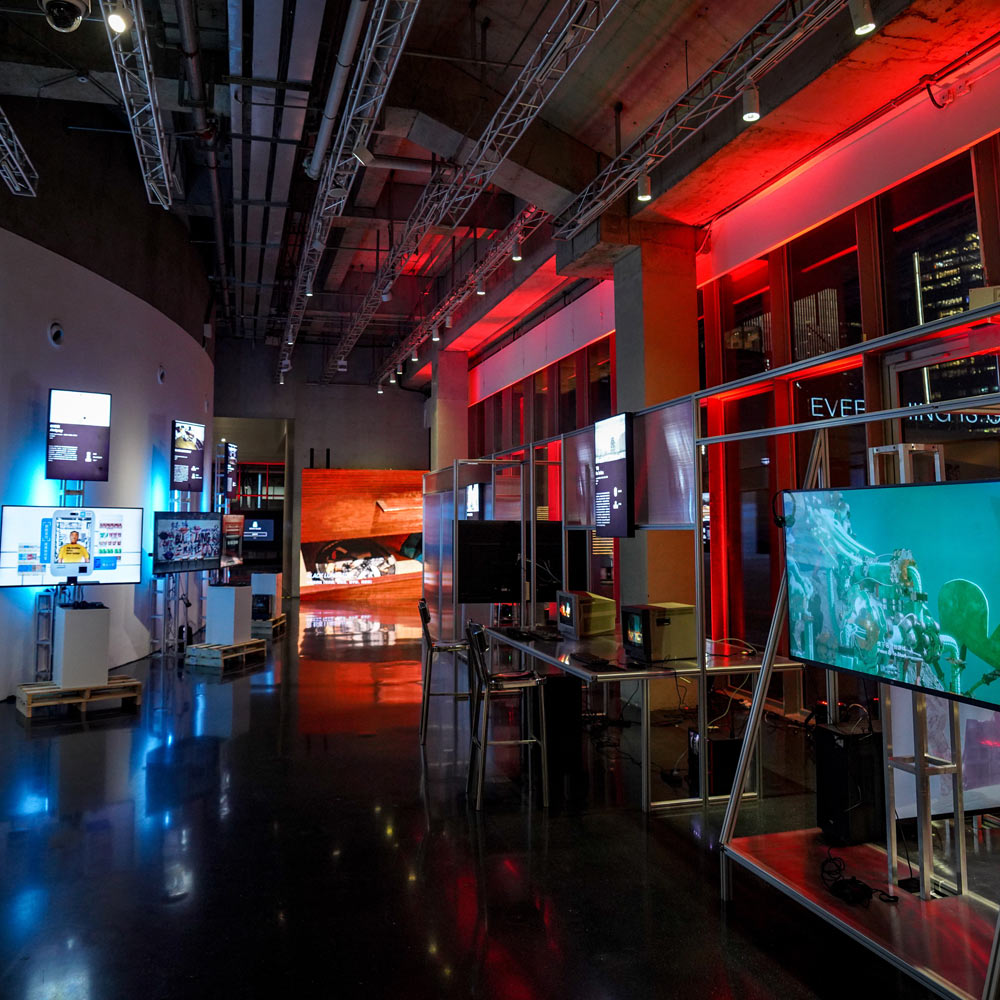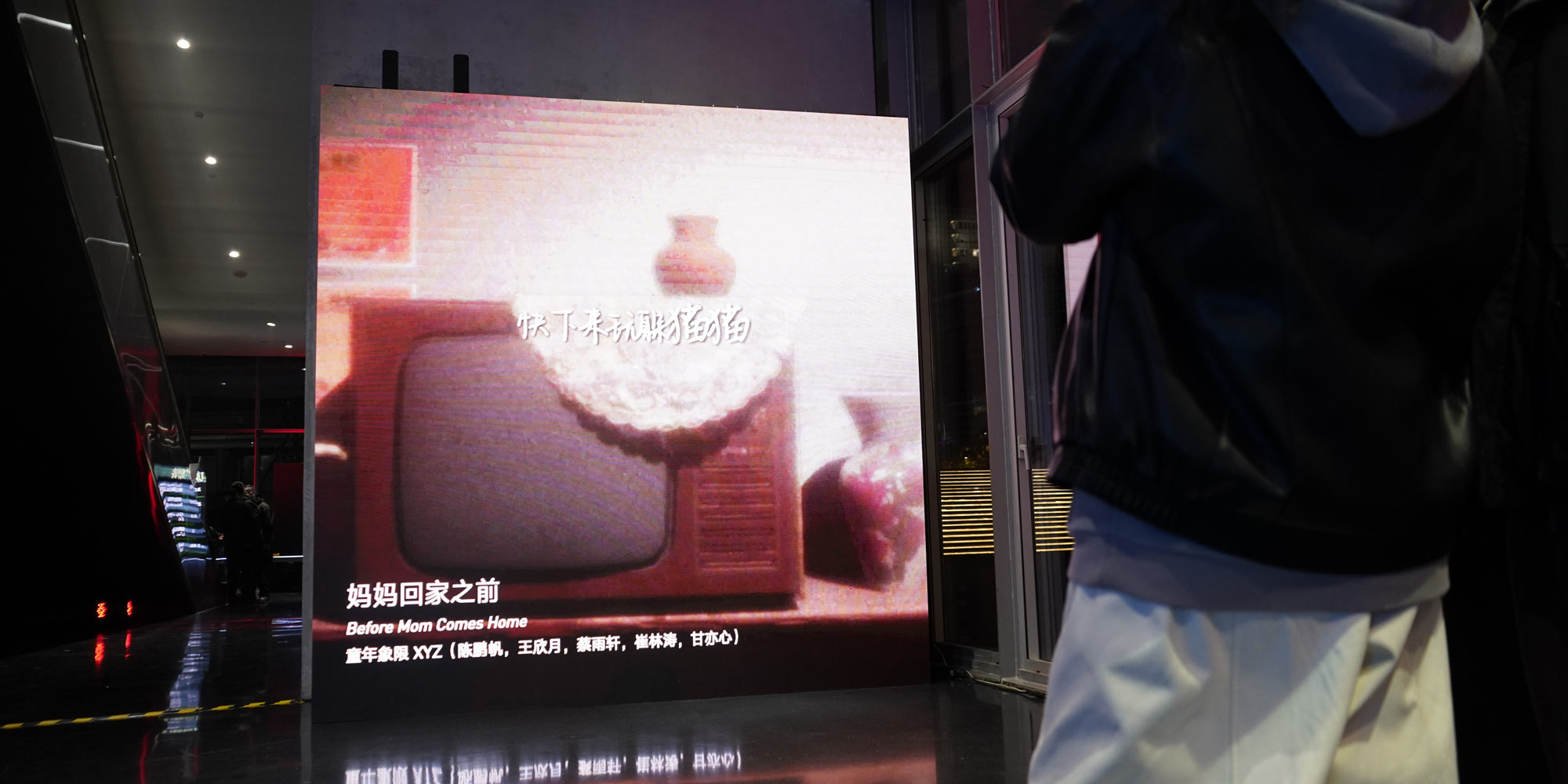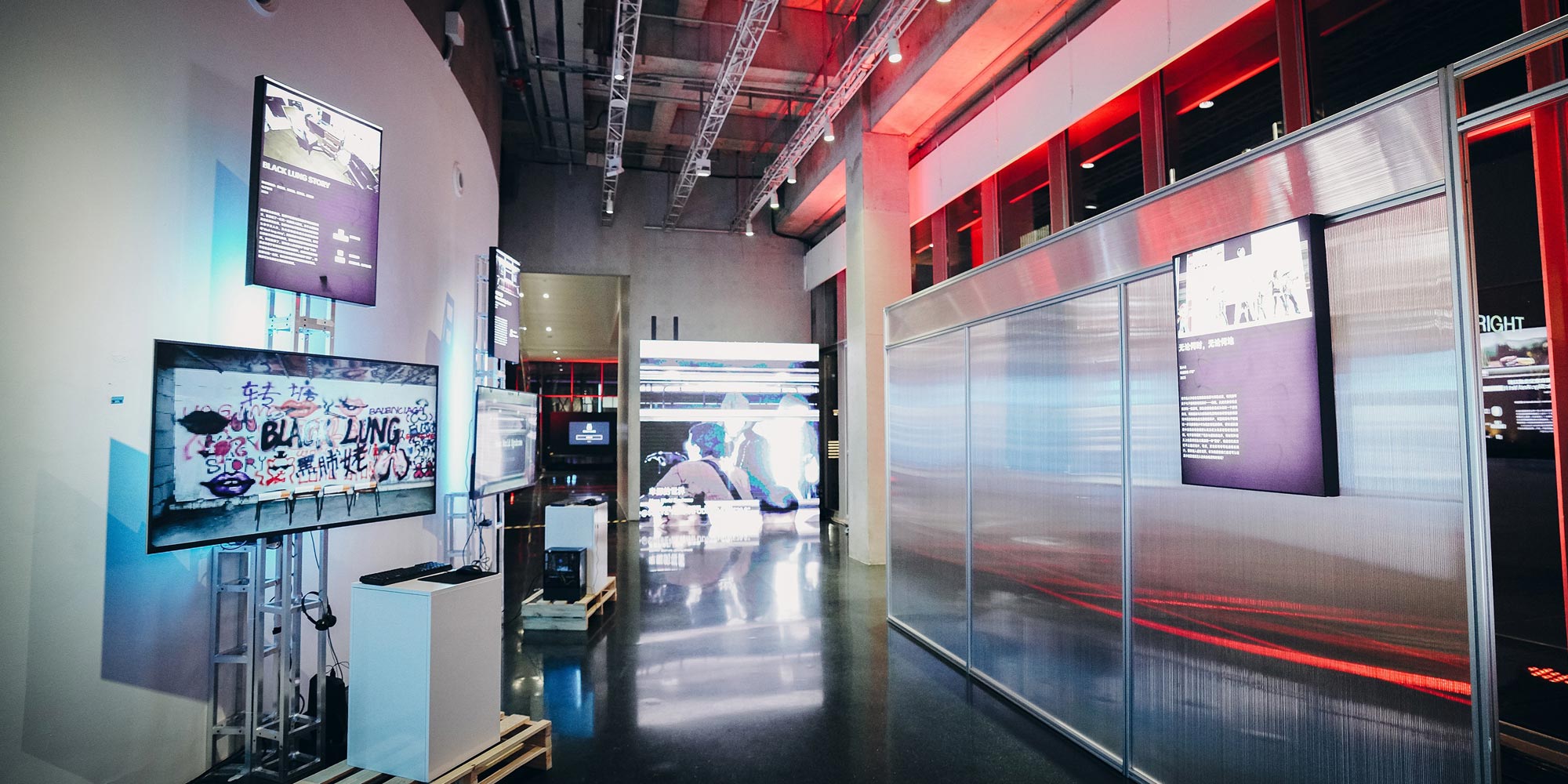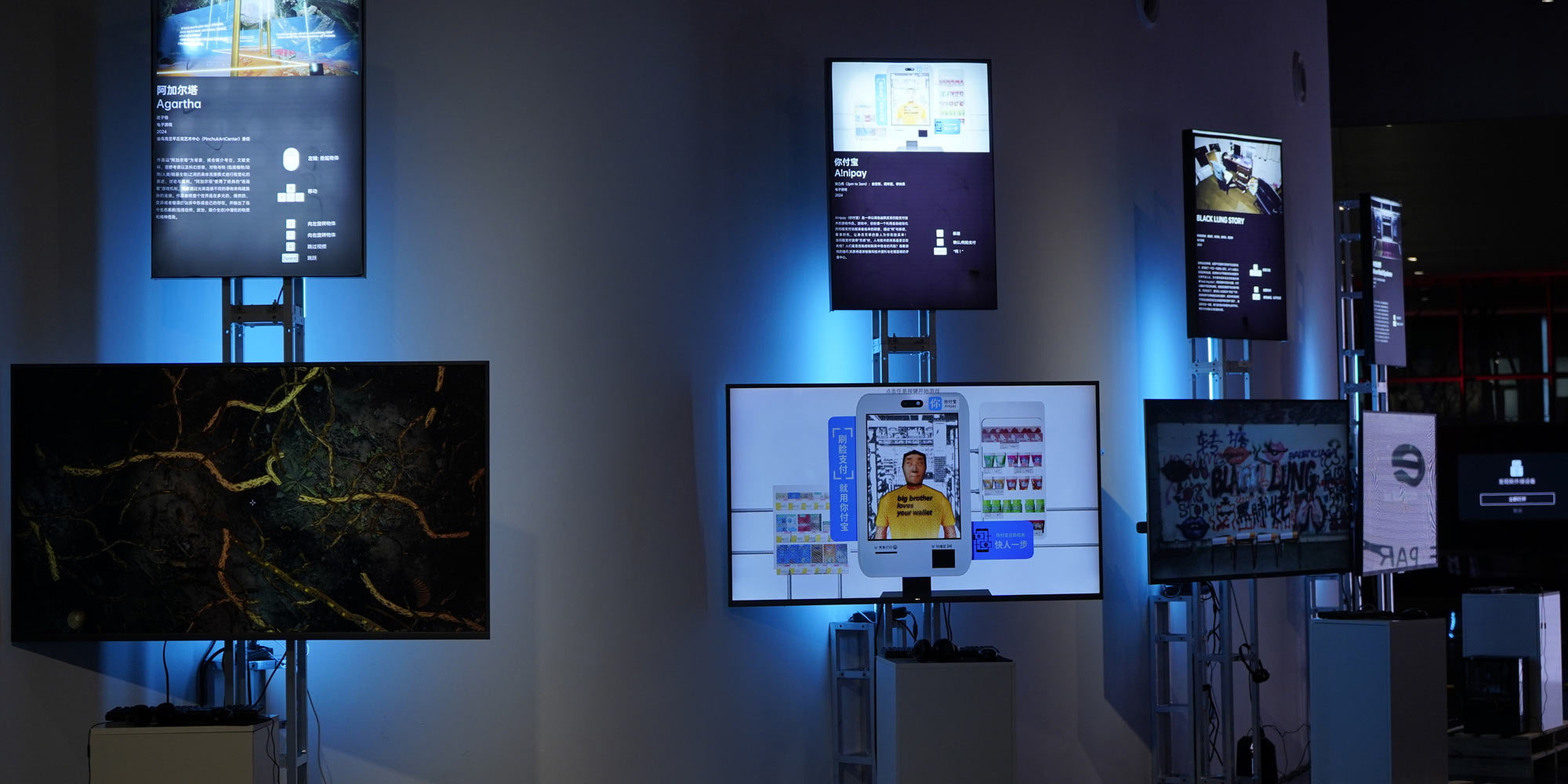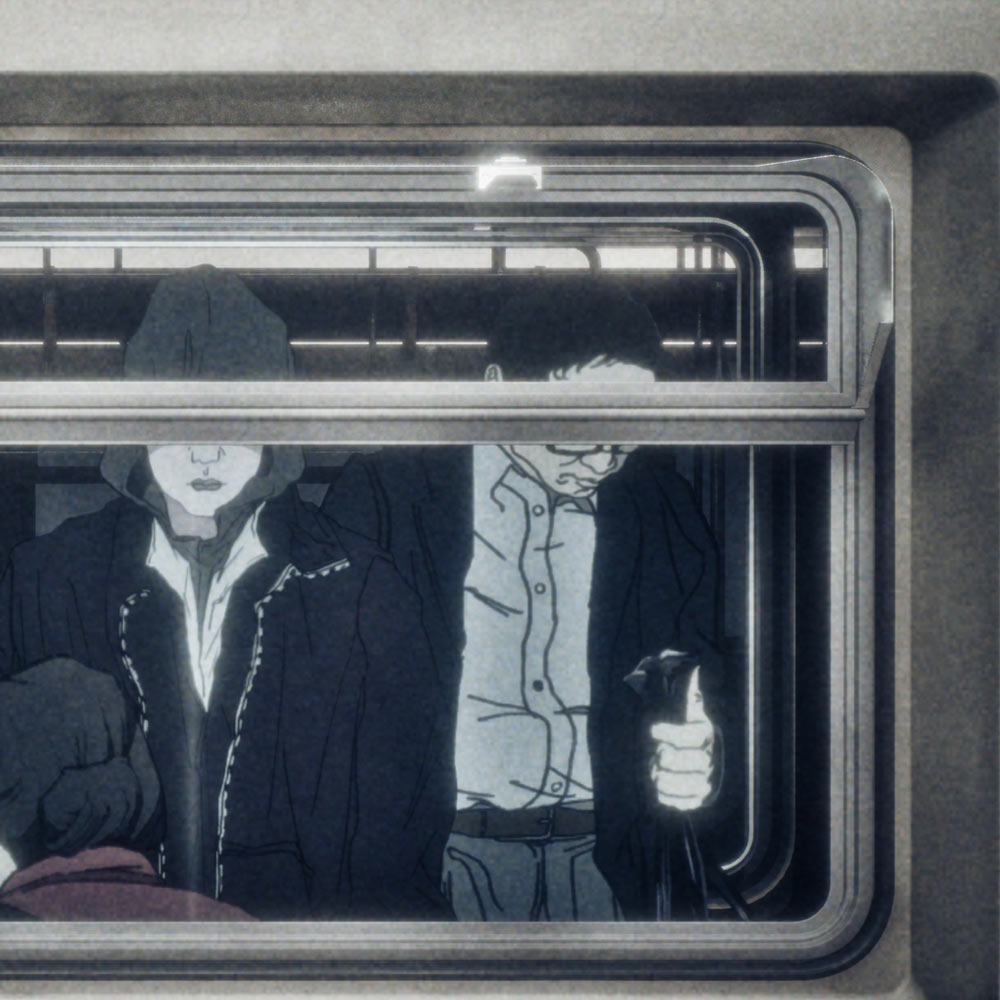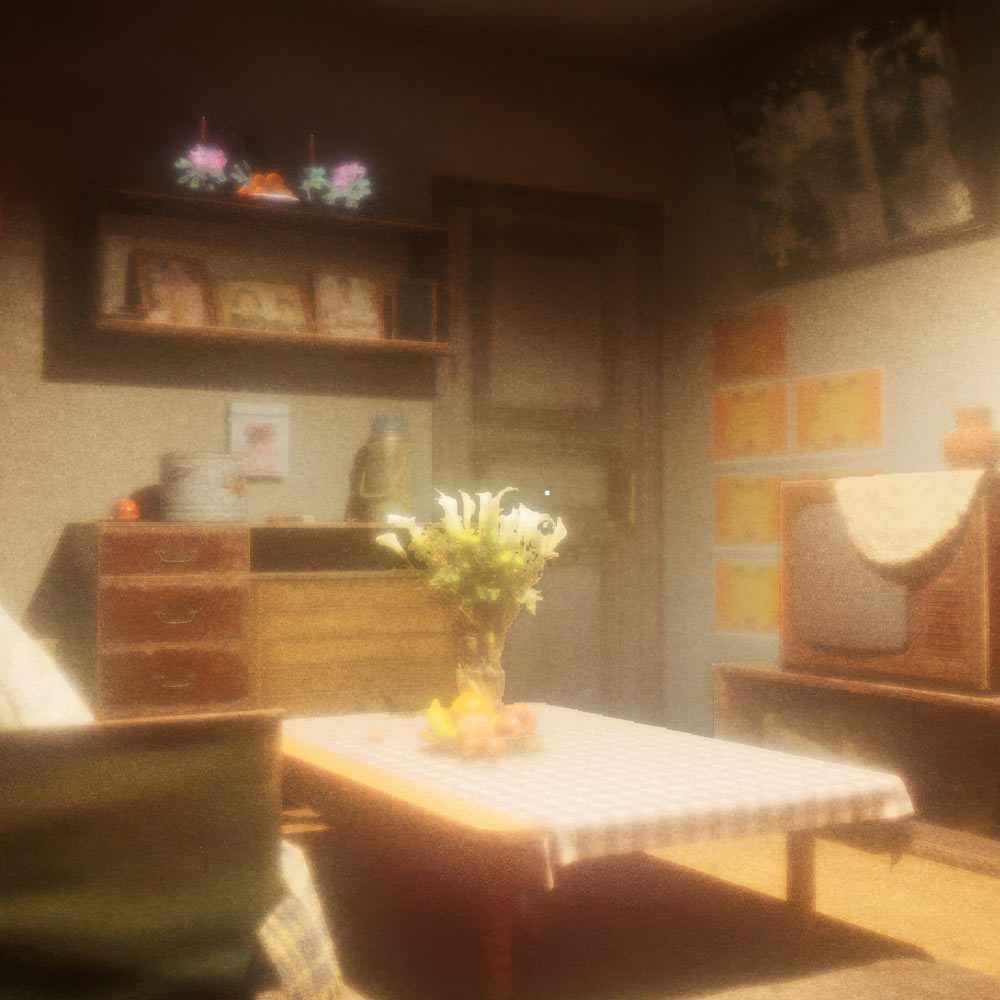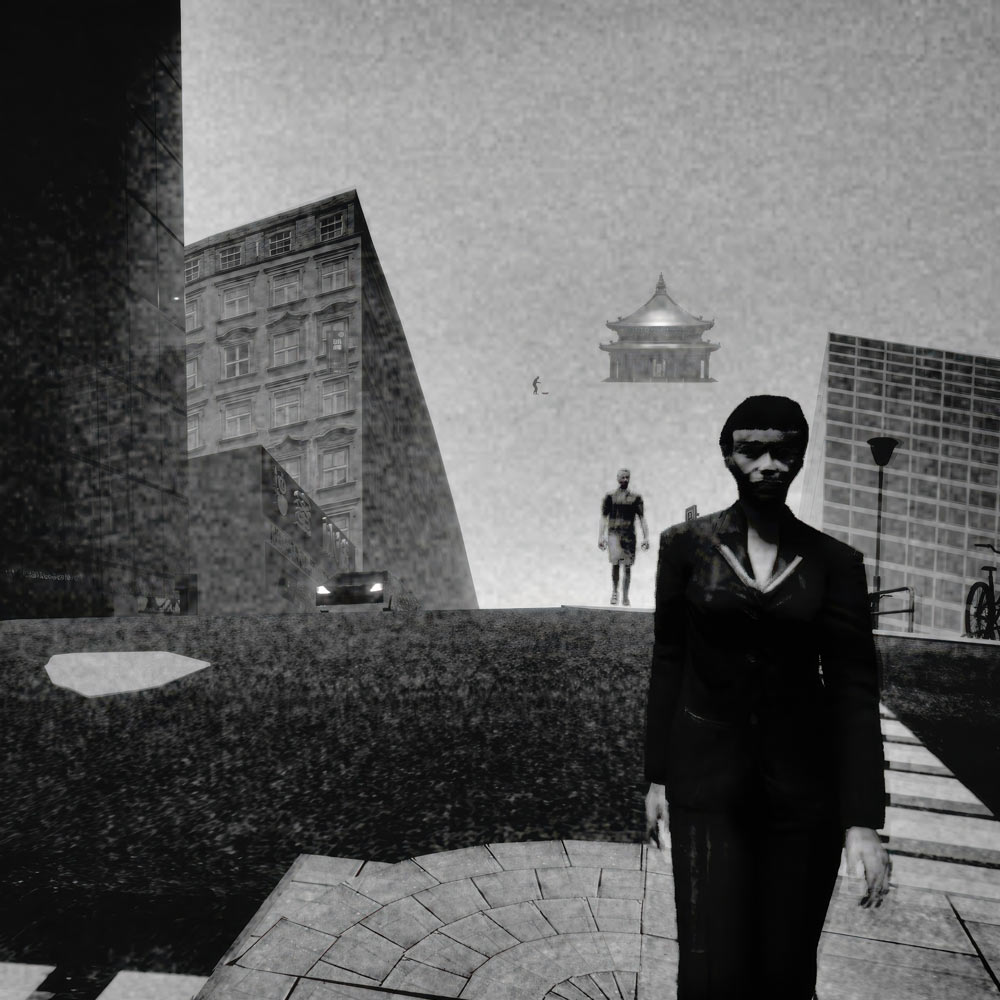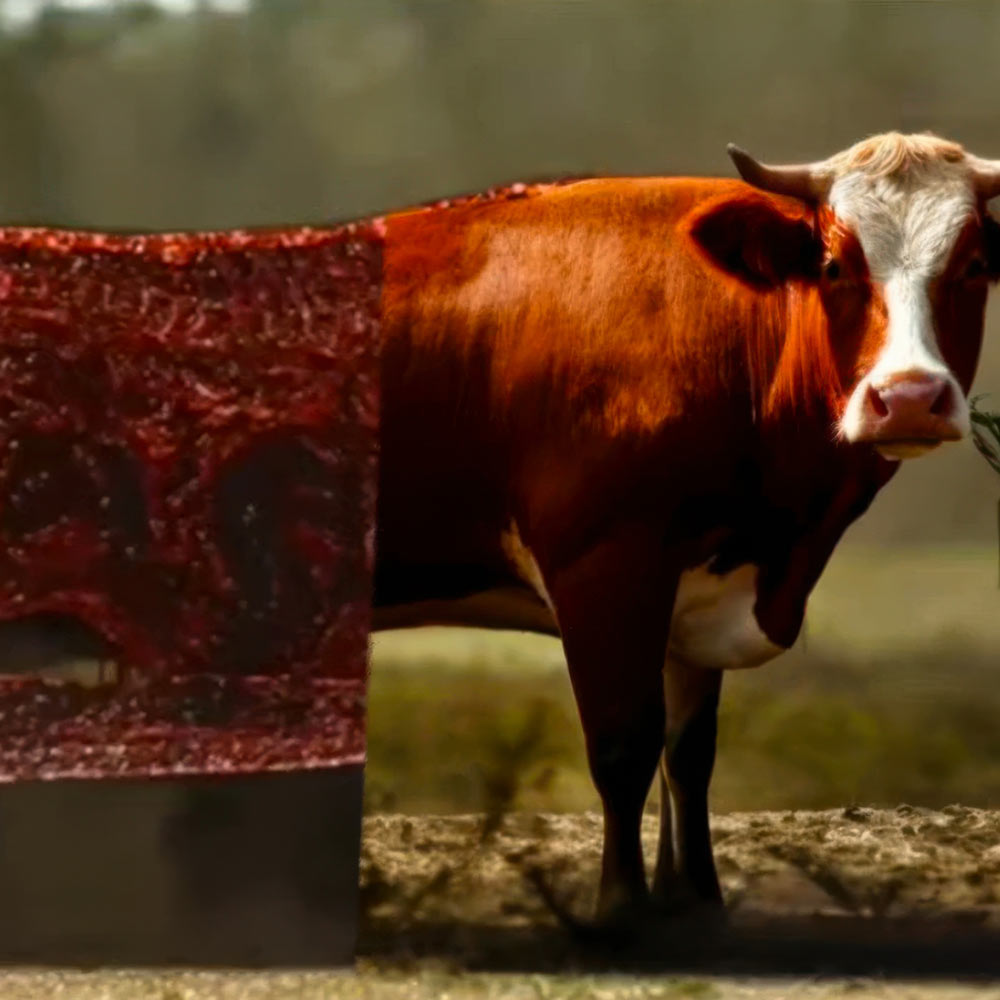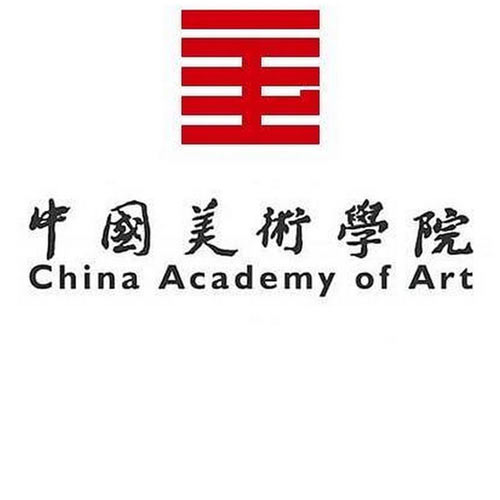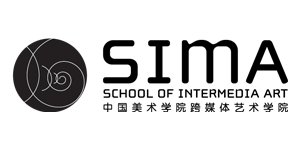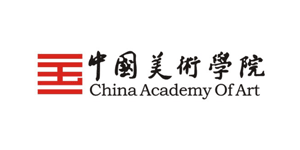Social Play interrogates how play—as a primal human instinct and cultural practice—can be reconfigured through digital art and gaming to engage critically with contemporary societal complexities. At its core, the exhibition asks: How can the mechanics of play, embedded in interactive and AI technologies, serve as a lens to decode and reimagine human relationships, collective anxieties, and identity negotiations in an era of rapid technological saturation?
The exhibition reframes “play” as a platform for social inquiry. Five projects by emerging Chinese artists merge video game, AI, website, and VR to confront urban isolation, digital surveillance, and memory in a data-driven world. Electronic Womb challenges gendered AI censorship via absurdist resistance, while AI Hauntology stages digital rituals for forgotten images, questioning memory’s fragility. QRebirth 0.5 critiques algorithmic governance through a VR journey where QR codes dominate reality. Before Mom Comes Home uses stealth mechanics to explore childhood loneliness, while Mean World Syndrome transforms subway commutes into speculative narratives of urban detachment.
By collapsing boundaries between art, game, AI, and activism, Social Play invites audiences to “play” their way through urgent questions such as: What truths do our digital rituals conceal? How do we reclaim agency in systems that reduce us to data points? And ultimately, can “playful” subversion forge pathways toward more empathetic futures?
